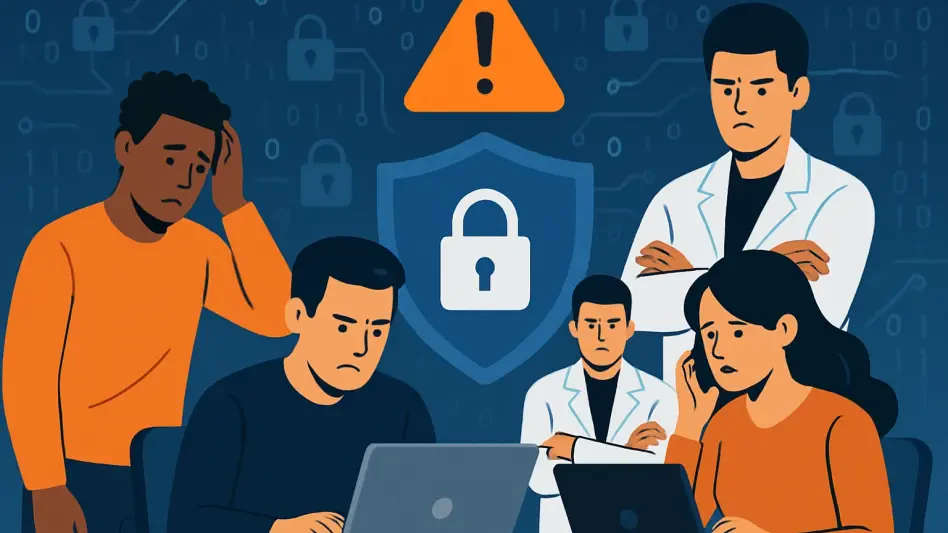Imagine waking up to find that key communication channels in the U.S. have been infiltrated by foreign actors, causing widespread breaches in privacy and security. Concerns over cybersecurity in U.S. phone networks have sharply risen, compelling a closer examination of national preparedness and countermeasures to handle such threats effectively.
Alarming Trends in U.S. Cyber Defenses
In recent months, multiple cyber intrusions have spotlighted vulnerabilities within U.S. telecommunications infrastructure. The relentless wave of cyberattacks has raised a critical question: Is the U.S. equipped to defend its phone networks against state-sponsored cyber espionage, particularly from China?
Integrating Cybersecurity with National Infrastructure
Telecommunications play a crucial role in national security, underpinning communications for both civilians and the government. Cybersecurity incidents within this sector jeopardize public safety and privacy, emphasizing the necessity for robust defenses. A breach can lead to stolen information, compromised personal data, and the disruption of critical services, undermining both public trust and national stability.
The Salt Typhoon Operation Unveiled
The Salt Typhoon cyber espionage attack serves as a significant case study in evaluating these vulnerabilities. Targeting U.S. telecommunications, this attack not only compromised sensitive communications but also showcased the broader implications of cyber espionage. The breach triggered heightened awareness and urgency to address these cybersecurity shortcomings, evidenced by the extensive fallout and operational disruptions it caused.
Senator Ron Wyden’s Pursuit for Greater Transparency
Senator Ron Wyden of Oregon has been a vocal advocate for greater transparency and accountability within cybersecurity policies. His actions to secure the release of the ‘U.S. Telecommunications Insecurity 2022’ report from the Cybersecurity and Infrastructure Security Agency (CISA) highlight a crucial demand for disclosure and reform. Wyden argues that shedding light on existing vulnerabilities could pressure phone companies and federal agencies to implement necessary security measures to prevent future incidents akin to the Salt Typhoon operation.
Insights from Cybersecurity Experts
Cybersecurity experts have weighed in on the issue, noting the critical need for enhanced defenses. Kevin Mandia, the CEO of a leading cybersecurity firm, emphasized, “The vulnerabilities in our telecommunications infrastructure are not just technological gaps but national security risks.” Government officials, too, acknowledge the urgency for action, reinforcing the notion that a concerted effort between the public and private sectors is essential to mitigate these threats.
Industry stakeholders have also voiced their perspectives. Phone companies recognize the imperative to upgrade their security protocols but have also pointed to the need for clearer federal guidelines and support to tackle sophisticated cyber threats effectively.
Proactive Measures for Strengthened Cybersecurity
Strengthening cybersecurity in phone networks calls for a proactive approach involving tangible steps from both phone companies and federal agencies. Implementation of enhanced encryption methods, regular security audits, and comprehensive incident response protocols are essential. Moreover, adopting best practices and policies, such as the National Institute of Standards and Technology (NIST) cybersecurity framework, can provide actionable guidelines for robust defenses.
Toward a Secure Telecommunications Future
The persistent vulnerabilities in U.S. phone networks necessitate immediate and coordinated actions to fortify cybersecurity defenses. Moving forward, the focus must be on fostering transparency and accountability within telecommunications practices to ensure resilience against future cyber threats. Historical incidents like the Salt Typhoon operation underscore the crucial need for an integrated strategy, leveraging technology and policy reforms, to safeguard national security and public trust.







